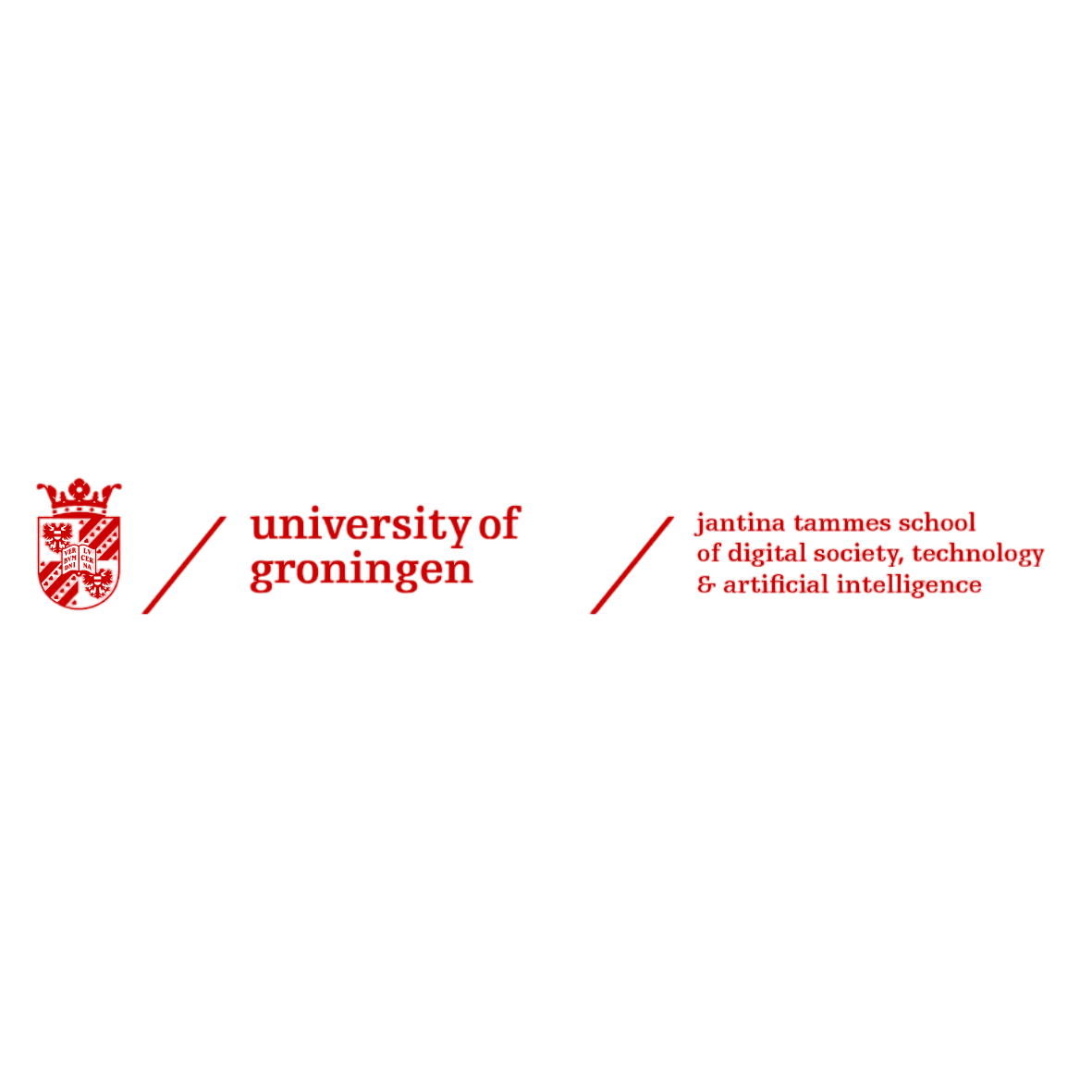.968f8bf8.png)
FAQ
- Q: What is data autonomy?
A: You can find the expert definition on the Data Autonomy website!
- Q: I don’t own a company. Is this applicable to me?
A: Yes! Even if you don’t own a company, you can use this tool to better understand how organizations handle your personal data when you use online services.
- Q: How does this questionnaire help improve data management?
A: It highlights areas where your organization can improve, such as better privacy protections or more flexible data management practices.
- Q: What happens if we don’t score well?
A: A low score means there’s room for improvement, especially in areas like data security or impact mitigation. It’s a starting point for making better-informed decisions about data handling.
- Q: How does this tool help with privacy?
A: DAIX checks whether your organization complies with privacy laws, collects only necessary data, and ensures personal data is stored and used responsibly.
- Q: What does “impact” refer to?
A: Impact measures the potential risks, like financial or reputational damage, your organization could face from poor data management, and whether you have plans in place to reduce that risk.
Special Thanks
Special thanks to Jos Stoepker, Christian van der Kooi, Anouk Pelzer, Erika Chorén Iglesias, Daniël Vos, Victor Toma and project supervisor Dr. Oskar J. Gstrein.
This project is part of the Data Autonomy initiative of the University of Groningen.
